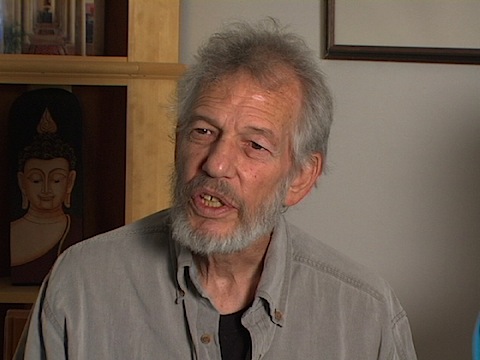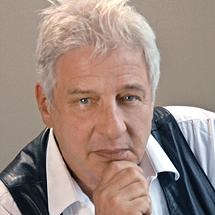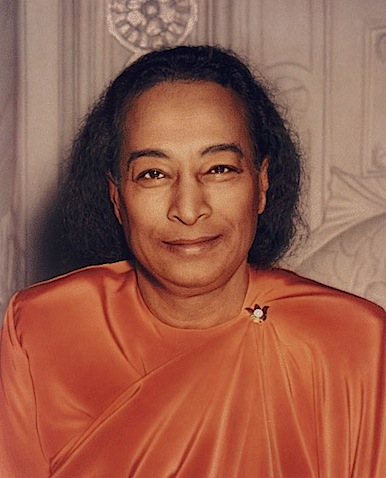Why Forgive?

“When we forgive ourselves there is room now for another. When we forgive others there is room then for the rest of the world. Forgiveness gradually retrieves the heart. And with it a sense of all the hearts struggling at that moment to the surface.”
–Stephen Levine (American Poet, Writer and Spiritual Teacher Best Known for His Work on Grief, Death and Dying, 1937-)

“Turning Toward the Mystery: A Seeker’s Journey” (Stephen Levine)
Compassion, Learning, Love and Forgiveness

“To pine for an alternative past is a waste of energy. In the pristine world of your infinite spiritual self, there is no sin or negative energy. There is only compassion, learning, and unconditional love and forgiveness. Remind yourself and those around you of this fact. In the light of God, everything is healed and seen to be perfect.”
–Stuart Wilde (English-born Author, Lecturer and Humorist 1946-)
Total Forgiveness

“Today I forgive all those who have ever offended me. I give my love to all thirsty hearts, both to those who love me and to those who do not love me.”
–Paramahansa Yogananda (Indian Spiritual Teacher and, in 1920, Founder of the Self-Realization Fellowship, 1893-1952)
Men, Women and Forgiveness

We recently discussed the importance of forgiveness on health. Over the years studies have shown that men tend to be more vengeful than women, presumably because they have been taught from childhood to empathize with others and build relationships. Though there could yet be a biological basis for this difference.
New data from Case Western Reserve University, Florida State University, Arizona State and Hope College published in the Journal of Personality and Social Psychology suggests that forgiveness does not come naturally for both sexes. Psychologist Julie Juola Exline’s research indicates that men have a harder time forgiving than women do. However that can change if men develop empathy toward an offender by seeing they may also be capable of similar actions. That empathy closes the gender gap and men become less vengeful.
The authors conducted seven forgiveness-related studies (1,2,3,4,5,6,7) between 1998 and 2005 that involved more than1,400 college students: Gender differences have been a robust finding.
The studies used hypothetical situations, actual recalled offenses, individual and group situations and surveys to study the ability to forgive. When men were asked to recall offenses they had committed themselves, they became less vengeful toward people who had offended them. Women started at a lower baseline for vengeance, but thinking about their own transgressions had no effect on levels of unforgiving. When women were asked to recall a similar offense in relation to the other’s offense, women felt guilty and tended to magnify the other’s offense.
The researchers found that people of both genders are more forgiving when they see themselves as capable of committing a similar action; it tends to make the offense seem smaller and increases empathic understanding of the offense. Therefore people similar to the offenders and therefore more forgiving attitudes.
The ability to identify with the offender and forgive also happens in intergroup conflicts. In a study on forgiveness of the 9/11 terrorists Exline comments that,
“When people could envision their own government committing acts similar to those of the terrorists, they were less vengeful. For example, they were less likely to believe that perpetrators should be killed on the spot or given the death penalty, and they were more supportive of negotiations and economic aid.”
It is not difficult to see that prosecution and defense attorneys are going to study this data carefully. It will likely come into play during jury selection processes.
And I am going to think about it the next time that I am called upon to serve on a medical school interview board.
“An eye for an eye will only serve to make the whole world blind.”
–Mahatma Gandhi (Indian Nationalist and World Teacher, 1869-1948)
“And be ye kind one to another, tenderhearted, forgiving one another, even as God, for Christ’s sake, hath forgiven you.”
–The Bible (Ephesians 4:32)
“Everyone and everything I see will lean toward me and bless me. I will recognize in everyone my dearest friend. What could there be to fear in a world that I have forgiven, that has forgiven me?”
–A Course in Miracles (Book of Spiritual Principles Scribed by Dr. Helen Schucman between 1965 and 1975, and First Published in 1976)
Forgiveness and Health

The January issue of Mayo Clinic Women’s HealthSource summarizes a substantial body of research indicating that forgiveness may be good for your health.
Holding a grudge appears to affect the cardiovascular and nervous systems (1, 2). In one study, people who focused on a personal grudge had elevated blood pressure and heart rates, as well as increased muscle tension and feelings of being less in control. When asked to imagine forgiving the person who had hurt them, the participants said they felt more positive and relaxed and thus, the changes dissipated. Other studies have shown that forgiveness has positive effects on psychological health, too.
Forgiveness does not mean forgetting, condoning or excusing whatever happened. It is instead a matter of acknowledging hurt and then letting it go, along with the burden of anger and resentment.
There is no single approach to learning how to forgive. Talking with a friend, therapist or adviser (spiritual or otherwise) may be helpful during the process, to sort through feelings and stay on track. The January issue of Mayo Clinic Women’s HealthSource recommends four steps that are included in most approaches to learning forgiveness.
— Acknowledge the pain and anger felt as a result of someone else’s actions. For forgiveness to occur, the situation needs to be looked at honestly.
— Recognize that healing requires change.
— Find a new way to think about the person who caused the pain. What was happening in that person’s life when the hurt occurred? Sometimes, the motivation or causes for the incident have little to do with those most affected. For some people, this step includes saying, “I forgive you.”
— Begin to experience the emotional relief that comes with forgiveness. It may include increased compassion for others who have experienced similar hurt.
“When we forgive, we free ourselves from the bitter ties that bind us to the one who hurt us.”
Claire Frazier-Yzaguirre (American Therapist and Christian Minister)
“Fear binds the world. Forgiveness sets it free.”
–A Course in Miracles (Book of Spiritual Principles Scribed by Dr. Helen Schucman between 1965 and 1975, and First Published in 1976)
“Forgiveness breaks the chain of causality because when someone forgives you – out of love – he takes on the consequences of what you have done. Forgiveness, therefore, always entails a sacrifice.”
–Dag Hammarskjöld (Swedish Statesman, Secretary-General of the United Nations from 1953-1961, and, in 1961, Winner of the Nobel Peace Prize, 1905-1961)
“Here is a mental treatment guaranteed to cure every ill to which flesh is heir: sit for half an hour every night and mentally forgive everyone against whom you have any ill will or antipathy.”
–Charles Fillmore (American Co-founder of Unity School of Christianity, 1854-1948)
“Forgiveness is the key to action and freedom.”
–Hannah Arendt (German-born American Political Philosopher, 1906-1975)
“Without forgiveness life is governed… by an endless cycle of resentment and retaliation.”
–Roberto Assagioli (Italian Psychiatrist, Theosophist and Founder of Psychosynthesis, 1888-1974)
“The weak can never forgive. Forgiveness is the attribute of the strong.”
–Mahatma Gandhi (Indian Nationalist and World Teacher, 1869-1948)
“Today I forgive all those who have ever offended me. I give my love to all thirsty hearts, both to those who love me and to those who do not love me.”
–Paramahansa Yogananda (Indian Spiritual Teacher and, in 1920, Founder of the Self-Realization Fellowship, 1893-1952)
“Judge not, and ye shall not be judged: condemn not, and ye shall not be condemned: forgive, and ye shall be forgiven.”
–The Bible (Luke 6:37)






